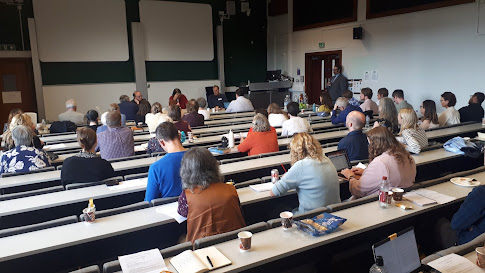New from Oxford: Shipwrecks and the Bounty of the Sea by David Cressy. Please share with your networks. Shipwrecks and the Bounty of the Sea, the newest book by historian David Cressy, shows how wrecks on the coasts of early modern England were not just catastrophes for merchants and mariners, but opportunities for people of the shore where, as the proverb said, it was an ill wind that blew nobody any good. Lords of manors, local officials, officers of the Admiralty, and coastal commoners competed for maritime cargoes and the windfall of wreckage, which they regarded as providential godsends or entitlements by right. A varied haul of commodities, wines, furnishings, and bullion came ashore, much of it claimed by the crown. The people engaged in salvaging these wrecks came to be called 'wreckers', and gained a reputation as violent and barbarous plunderers. Close attention to statements of witnesses and reports of survivors shows this im...
